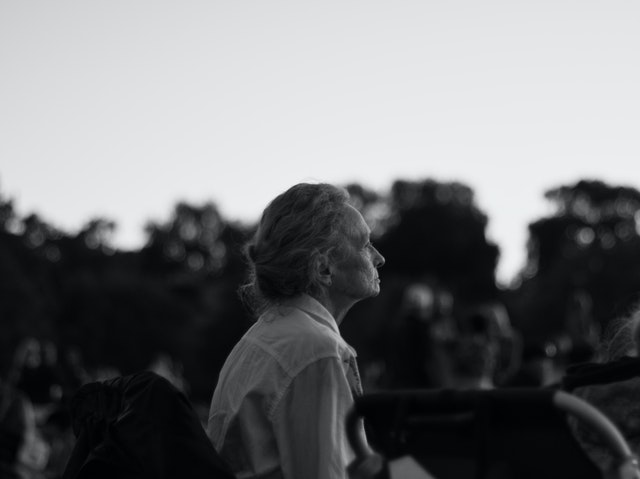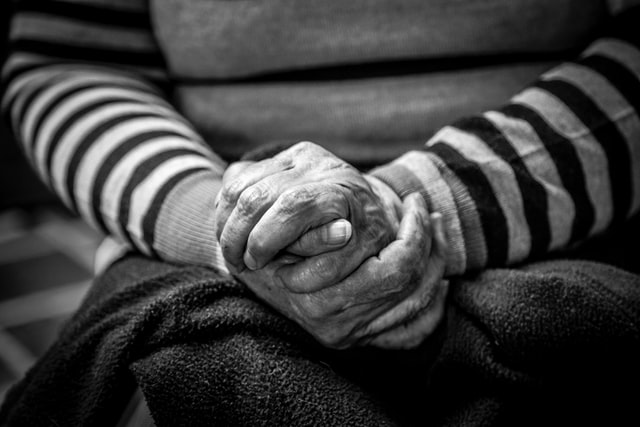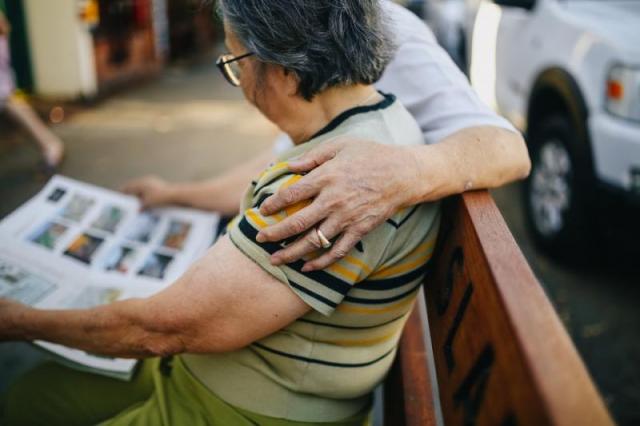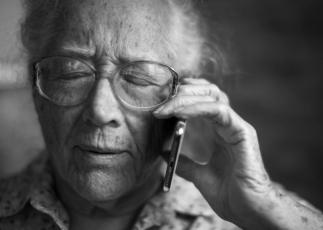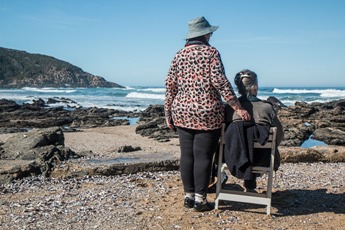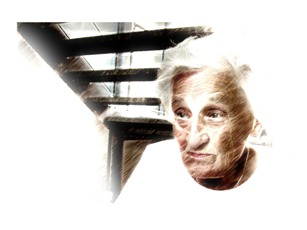World Elder Abuse Awareness Day 2022, new prevention projects, recent research
Fri 17 Jun 2022
The government has announced new elder abuse prevention projects. In observance of World Elder Abuse Awareness day, we have collated recent research and resources on Kaumātua wellbeing, ageing and rights of older people, and elder abuse.
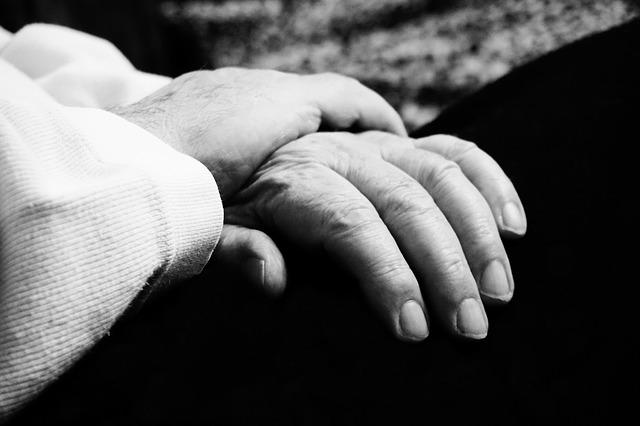
World Elder Abuse Awareness Day
World Elder Abuse Awareness Day takes place every year on 15 June.
As part of World Elder Abuse Awareness Day Minister for Seniors Dr Ayesha Verrall announced 11 new elder abuse prevention projects funded through the Elder Abuse Prevention Fund totalling $250,000. This is in addition to the $6.3 million for new prevention initiatives for older people announced in Budget 2022. See the list of new projects at Te Kari Kaumātua | Officer for Seniors.
During the week 15 - 22 June, Age Concern New Zealand raises awareness of elder abuse. Statistics from Age Concern NZ services show that 84% of alleged abusers are family members, and 58% of the alleged abusers are adult children or grandchildren. This year, Age Concern's campaign is focused on "What to do when you suspect elder abuse? Trust your gut!" Chief Executive at Age Concern New Zealand Karen Billings-Jensen said "Talking to someone early on is a game-changer. If we all acted on the inkling we have, when something seems a bit off, older people’s lives and dignity would be saved."
For questions or help, contact the Elder Abuse Response service on 0800 32 668 65, text 5032 or email support@elderabuse.nz, or contact Age Concern at 0800 65 2 105 or contact your local Age Concern to see what services are available in your area. Activities and events from local Age Concerns are taking place for Elder Abuse Awareness week around New Zealand.
Kaumātua hauora | wellbeing research and resources
The Joint Venture published 10 analysis papers that summarised the feedback gathered from the community engagement process to develop Te Aorerekura, the National Strategy. The paper on the experiences of Older people and Kaumātua says:
"Primary prevention efforts should address ageism and societal attitudes and behaviours that put older people at risk by promoting empowerment and respect for older people.
Primary prevention should also focus on wellbeing, which encompasses protective factors including a liveable income, social connection, transport, stable housing, financial freedom and involvement in family and community.
There are opportunities to learn from strengths-based attitudes and behaviours towards older people that exist within some cultures in Aotearoa New Zealand. Perhaps, most importantly, people said government must listen to our older people and kaumātua as they have the answers.
Fostering intergenerational relationships between tamariki and kaumātua were considered key to prevention. Whānau-centred approaches are needed to shift thinking that elder abuse is an ‘older person issue’, to one that recognises that the abuse of older people affects family, whānau, and communities."
The following reports and articles explore kaumātua hauora:
- Hauora Kaumātua: a review essay on kaumātua wellbeing (April 2022) by Tia Dawes, Hilary Lapsley and Marama Muru-Lanning, published in Kōtuitui: New Zealand Journal of Social Sciences Online
- Kaumātuatanga: The Needs and Wellbeing of Older Māori (2018) by Dr Tanya Allport, Georgina Martin and Haze White from Wai Research, commissioned by Te Pou Matakana.
- Understanding Māori and Ageing - A Literature Review by Sarah Wood (June 2019) published in Te Kura Nui o Waipareira from Wai Research (see pages 28 - 41). Also see the full length report, Kaumātuatanga – Māori and Ageing in New Zealand: A Literature Review (2017) by Sarah Wood from Wai Research.
Research projects currently exploring ageing and hauora among kaumātua include:
Ko ngā kaumātua ō tātou taonga: Supporting kaumātua health in a changing world is a research project exploring mātauranga Māori in relation to hauora, health and wellbeing amongst Māori elders as voiced by kaumātua in the regions of Te Tai Tokerau and Waikato. The research builds on the initial project, Supporting kaumātua health in a changing world: A feasibility study in Te Tai Tokerau. See a summary about the short feasibility study in the Celebrating Ageing Well book (pages 60-63). For more detailed information see the article Ko ngā kaumātua ngā poupou o tō rātou ao: kaumātua and kuia, the pillars of our understanding (July 2021).
Kaumātua Mana Motuhake Pōi is a research project exploring the mana motuhake | identity-autonomy of kaumātua. For details about the research see the article Kaumātua Mana Motuhake Pōi: a study protocol for enhancing wellbeing, social connectedness and cultural identity for Māori elders (2020).
For previous research on kaumātua wellbeing see the Ngā Pae o te Māramatanga research projects Kaumātua Ngā Kuia: Taonga Aroha and Bring ‘Me’ Beyond Vulnerability - Elderly Care of Māori, by Māori.
Ngā Pae o te Māramatanga spoke with kaumātua about their experiences of the pandemic and wellbeing, highlighting stories "...of resilience, of connectivity, of whānau and hapū, of leadership, problem solving all tied up in the catch cry of 'Feed the Pā' ". See videos of the Kaumātua kōrero in Kaumātua Futures - Part One and Part Two.
Ngā Matauranga Taonga, is a project by Rauawaawa Kaumātua Charitable Trust that shares short videos of Kaumātua talking about their experiences of the pandemic, overcoming difficulties and keeping well.
The Healthy Pacific Grandparents Study is a community-based research project within the longitudinal Pacific Islands Families Study that set out to engage with the grandparent generation to identify, and initiate solutions to address, what matters to older Pacific people in relation to social participation and healthy ageing. For more information about the study see the article Healthy Pacific grandparents: a participatory action research project exploring ageing well among Pacific people in New Zealand (2017). Malia Hamani, CEO of TOA Pacific has previously talked about the work of TOA Pacific to address family violence and promote the rights, safety and wellbeing of Treasured Older Adults (TOA), Aiga Carers and Pacific families.
The Government’s strategy for positive ageing, Better Later Life – He Oranga Kaumātua 2019 to 2034, was launched in 2019. In September 2021, the Government released, the Action Plan | He Mahere Hohenga 2021 ki 2024, a 3-year action plan setting out the Government’s priorities and commitments to deliver the strategy. The Office for Seniors also commissioned research on Attitudes towards ageing.
For more information on Ageing see all resources available from the Office for Seniors.
For more research on ageing and wellbeing see the National Science Challenges Ageing Well research projects phase 1 and 2.
Research and reports about elder abuse
Recent Aotearoa New Zealand research includes the following articles:
- Creating opportunities to improve detection of older adult abuse: a national interRAI study (March 2022)
- Childhood maltreatment and the menopause transition in a cohort of midlife New Zealand women (March 2022). Also see the media release: Study Reveals Link Between Early Menopause and History of Sexual Abuse.
- Experiences of Elder Abuse in Pacific Island Communities of Aotearoa New Zealand: a Cultural Lens (November 2020) and the related articles E le sauaina tatou tagata matutua: Re-examining abuse through cultural lens of the fonofale model (2021) and Bula vakavanua and the spiritual disruption of elder abuse: A Fijian perspective (2020)
- Older adults abuse : analysis of a New Zealand national dataset (August 2020)
Australia-based Our Watch published Preventing intimate partner violence against older women (2022). It provides an overview of intimate partner violence among older women. The resource is designed for practitioners who work with older women in a range of settings. It includes critical reflections for individual practitioners and tips for organisations. The Australian National Elder Abuse Prevalence Study: final report (December 2021) summarised findings from the first prevalence study of elder abuse in Australia.
The article Multidisciplinary Team Works to Reduce Preventable Deaths of Older Adults (May 2022) from the US National Institute of Justice examines the challenges in identifying deaths related to elder abuse.
For more research on elder abuse and prevention use the quick topic search elder abuse in our online library.
International calls to action on ageing and elder abuse
UN human rights experts have called on countries to renew their commitment to end all forms of abuse and violence against older women, promote their human rights and act against pervasive sexist and ageist attitudes saying:
"Violence against older women remains an unspoken issue in many societies and a taboo grounded in deep-rooted sexist and ageist prejudices and stereotypes and discriminatory cultural and social norms. Power dynamics and inequalities leading to emotional, financial, material, physical and sexual violence are likely to exacerbate with older age.
The intersection between age and gender compounding and affecting risk factors, types of perpetrators, forms and impacts of violence, abuse and neglect remains insufficiently understood and researched. Studies show that perpetrators are most commonly a male intimate partner, a family member or a caregiver. Older women living in institutional settings, especially older women with disabilities and dementia, are at heightened risk of violence, abuse, and neglect, as they usually represent the majority of residents. Older women, especially widows, are also the targets of harmful traditional practices and customs, often linked to poverty and lack of legal protection. Humanitarian crises and armed conflicts and all forms of violence also disproportionately impacts on older women. Sexual violence against older women is prevalent but continues to be largely ignored due to erroneous assumptions that sexuality and sexual violence disappear with age."
The UN Independent Expert on the enjoyment of all human rights by older persons, Claudia Mahler, has previously examined the Human rights of older women: the intersection between ageing and gender (July 2021). In this report she highlighted considerations for the intersection of age and gender in intimate partner violence and sexual violence.
More recently, the UN advocacy brief and infographic, Older women: Inequality at the intersection of age and gender (March 2022), examined areas where ageism intersects with gender-based discrimination. UN Women also published the brief, Gender, age, and disability: Addressing the intersection (June 2022), examines the situation of older women with disabilities and provides recommendations for stakeholders to take action.
The World Health Organization has just published Tackling abuse of older people: five priorities for the United Nations decade of healthy ageing (2021–2030). The five priorities are:
- Combat ageism as it is a major reason why the abuse of older people receives so little attention.
- Generate more and better data to raise awareness of the problem.
- Develop and scale up cost-effective solutions to stop abuse of older people.
- Make an investment case focusing on how addressing the problem is money well spent.
- Raise funds as more resources are needed to tackle the problem.
For more information see the Report on ageism and age discrimination (A/HRC/48/53, August 2021) from the UN Independent Expert on the enjoyment of all human rights by older persons.
Related media
Te Piere Warahi: ‘73 with a PhD’, Waatea News, 09.05.2024
Care worker who groped elderly woman sentenced, Newstalk ZB, 28.04.2023
Funding boost for Waikato groups fighting elder abuse, Stuff, 24.06.2022
Diane Turner/ Office for Senior Citizens, Waatea News, 11.04.2022
Protection of older persons’ rights needed now ‘more than ever’: Bachelet, UN News, 11.04.2022
Image: LMoonlight on Pixabay



